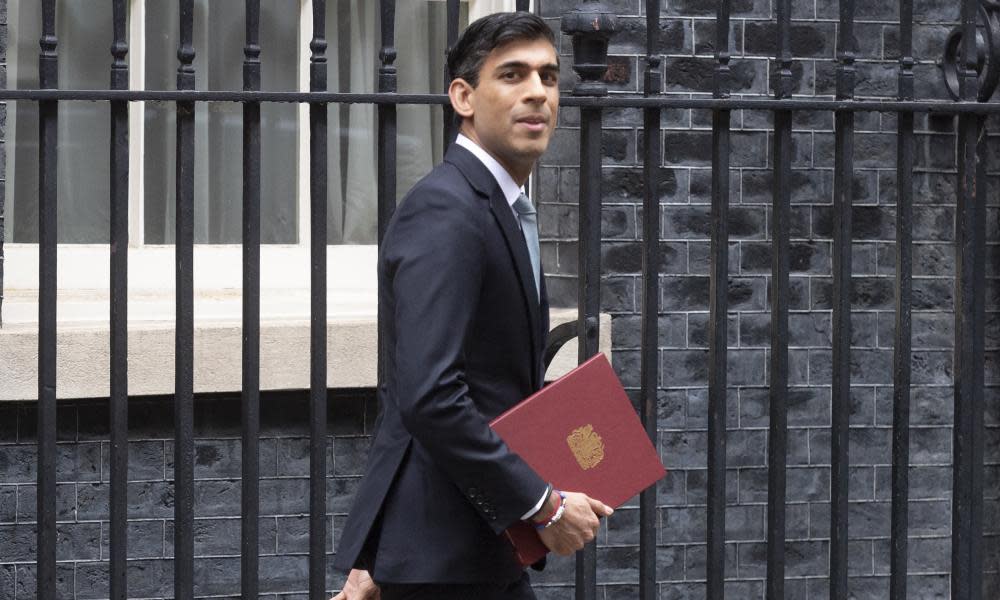UK faith leaders urge chancellor to press G20 to cancel debts of poor countries

Scores of senior UK faith leaders are calling on the chancellor to press for the cancellation of debt owed by the world’s poorest countries, which are facing the worst effects of the Covid-19 pandemic.
In a letter to Rishi Sunak more than 70 bishops, rabbis, imams and other faith leaders appeal to the chancellor to show “ambition and leadership” when G20 finance ministers meet this week.
At a meeting in April, the G20 finance ministers agreed to temporarily suspend debt payments for 77 countries. The faith leaders’ letter urges debt payments for this year and next year to be cancelled.
The signatories are headed by Rowan Williams, the former archbishop of Canterbury, John Davies, the archbishop of Wales, and Mark Strange, primus of the Scottish Episcopal church. The letter was also signed by the heads of several charities that coordinated the effort, including Christian Aid, Cafod, Tearfund and Islamic Relief.
The letter says: “The immediate risks the coronavirus poses to poverty reduction efforts are both clear and shocking. In total, the World Bank estimates that between 71-100 million people risk falling into extreme poverty as a result of the pandemic. The World Food Programme forecasts that around 270 million people around the world will face acute food insecurity by the end of this year, a doubling of the approximately 130 million who suffered severe food shortages last year. The International Labour Organization predicts that up to 340m jobs could be lost.
“To insist on debt repayment in the face of the suffering caused by this pandemic would be an affront to the faith traditions that we represent.”
It quotes Pope Francis, who said this year it was not right “to demand or expect [debt] payment when the effect would be the imposition of political choices leading to hunger and despair for entire peoples”.
The faith leaders say: “These are not normal times and we must respond accordingly. This crisis has emphasised the need to stand together, and debt cancellation represents an urgent and essential means of assisting the most vulnerable communities to withstand the suffering the pandemic will otherwise and unnecessarily cause.”
Charities and aid agencies have said the impact of the pandemic will be far greater on developing countries, faced with inadequate healthcare, rising food insecurity and sharp falls in remittances.


